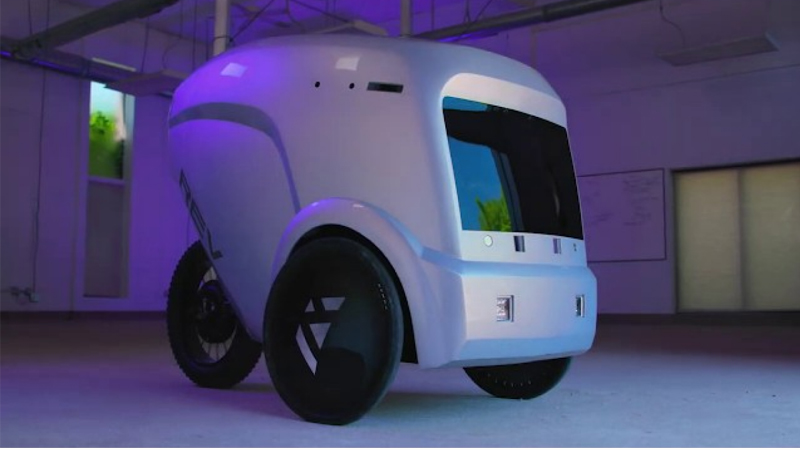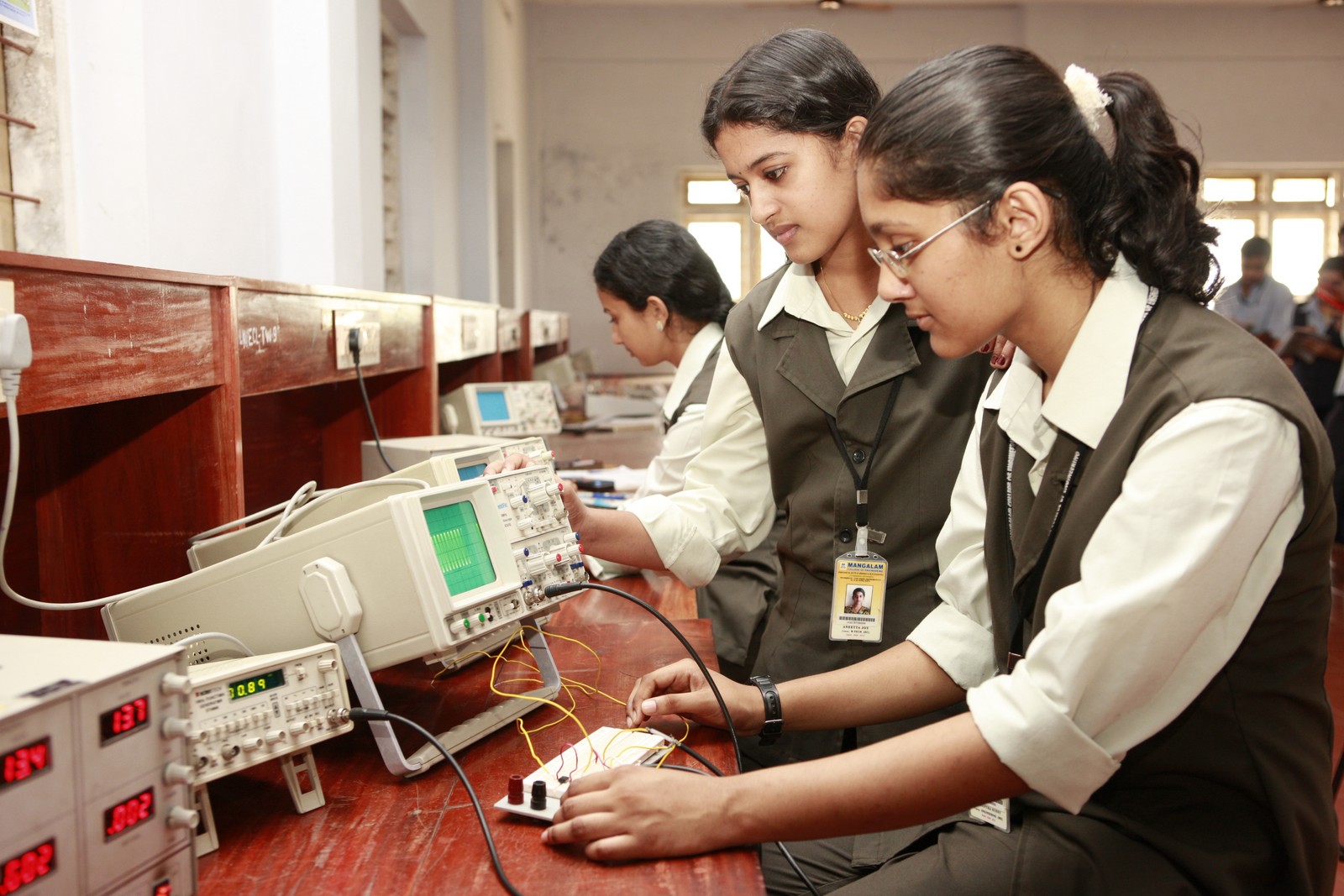
In recent times, innovators and entrepreneurs have taken an interest in last-mile delivery. This has sparked the rise of startups that are dedicated to delivering goods to the doorstep of consumers via robotics. Refraction AI just joined the train with their recent launch of REV 1 – an autonomous delivery robot that aims to make last-mile delivery cheaper and more effective.
REV 1’s size is probably the most important feature that differentiates it from other last-mile delivery vehicles. It is bigger than regular delivery robots that drive on sidewalks but smaller than a self-driving vehicle. This makes it able to perform functions that both classes of delivery robots cannot.
Design and features
REV 1 is a three-wheeler that’s 4.5ft long, 5ft tall, and 30 inches wide. As mentioned earlier, its size is a compromise between robots that use the sidewalk and autonomous vehicles. Due to its intermediate size and speed, REV 1 can shuttle between roadways and bike lanes, giving it the ability to navigate densely populated areas as well as the freer roads. REV 1’s interior measures about 16 cubic feet, enough space for four to five grocery bags.
Shorter stopping distance
REV 1 has a short stopping distance of just 5 feet. When passing regulations about autonomous vehicles, the stopping distance is always a major consideration. Full-speed autonomous vehicles have a longer stopping distance. Thus, they are not allowed on many busy urban roads. REV 1 has a much better chance of being approved on urban roads. When the roads are too busy to give room for any kind of robot, REV 1 can always make use of the bike lanes.
Ideal for all kinds of weather
A major limitation of many delivery robots is their inability to work in certain weather conditions. REV 1 is still capable of delivering goods to customers in the rain and snow. This makes it the perfect delivery vehicle during the winter and other periods of harsh weather.
Lower cost
Most autonomous vehicles use LIDAR sensors as the backbone of their self-driving technology. Although the price is gradually coming down, LIDAR is known to be traditionally expensive. REV 1 ditches LIDAR, instead favoring a sensor system composed of 12 cameras. According to the manufacturers, this technology is just as effective albeit much cheaper than LIDAR. Due to the cheaper sensor system, REV 1 is valued at about $5,000. Its valuation would have been as much as $10,000 if it came with LIDAR.
Pricing info
Being a new product, REV 1 is still very much in the testing stages. The company claims to have collaborated with local restaurants to offer food delivery service in certain areas. Depending on the success of the partnerships, they plan to strike bigger deals in the coming months. According to multiple sources, the vehicle is currently priced around $5000.

Startup
A startup or start-up is a company or project undertaken by an entrepreneur to seek, develop, and validate a scalable business model. While entrepreneurship refers to all new businesses, including self-employment and businesses that never intend to become registered, startups refer to new businesses that intend to grow large beyond the solo founder. At the beginning, startups face high uncertainty and have high rates of failure, but a minority of them do go on to be successful and influential. Some startups become unicorns; that is privately held startup companies valued at over US$1 billion.
Actions
Startups typically begin by a founder (solo-founder) or co-founders who have a way to solve a problem. The founder of a startup will begin market validation by problem interview, solution interview, and building a minimum viable product (MVP), i.e. a prototype, to develop and validate their business models. The startup process can take a long period of time (by some estimates, three years or longer), and hence sustaining effort is required. Over the long term, sustaining effort is especially challenging because of the high failure rates and uncertain outcomes. Having a business plan in place outlines what to do and how to plan and achieve an idea in the future. Typically, these plans outline the first 3 to 5 years of your business strategy.
Design principles
Models behind startups presenting as ventures are usually associated with design science. Design science uses design principles considered to be a coherent set of normative ideas and propositions to design and construct the company's backbone. For example, one of the initial design principles is "affordable loss".
- Log in to post comments